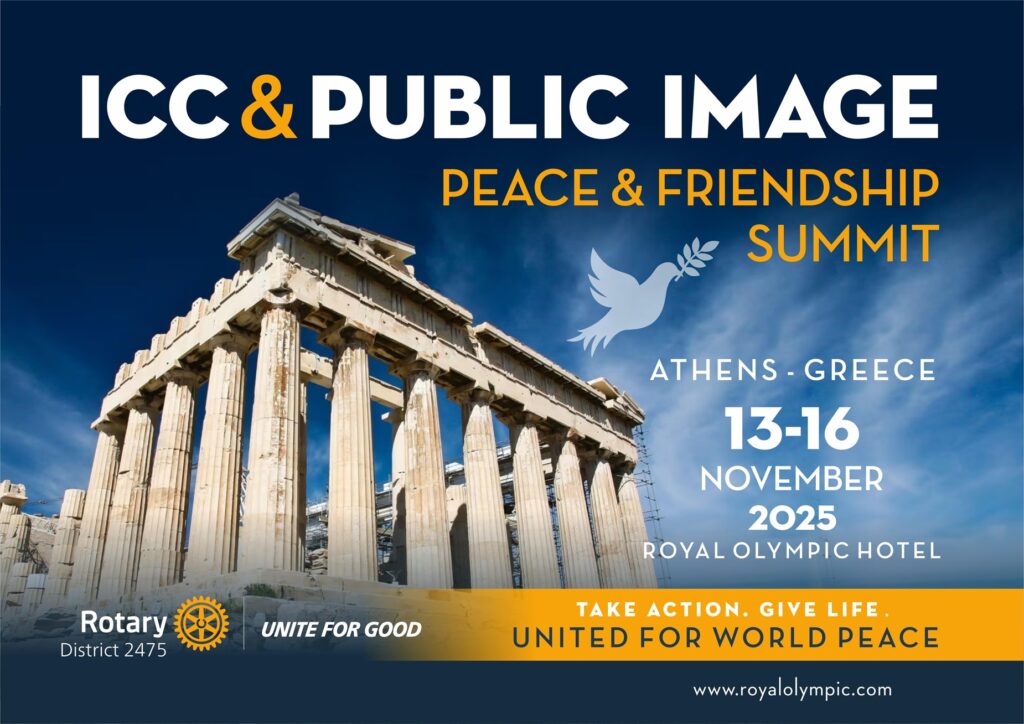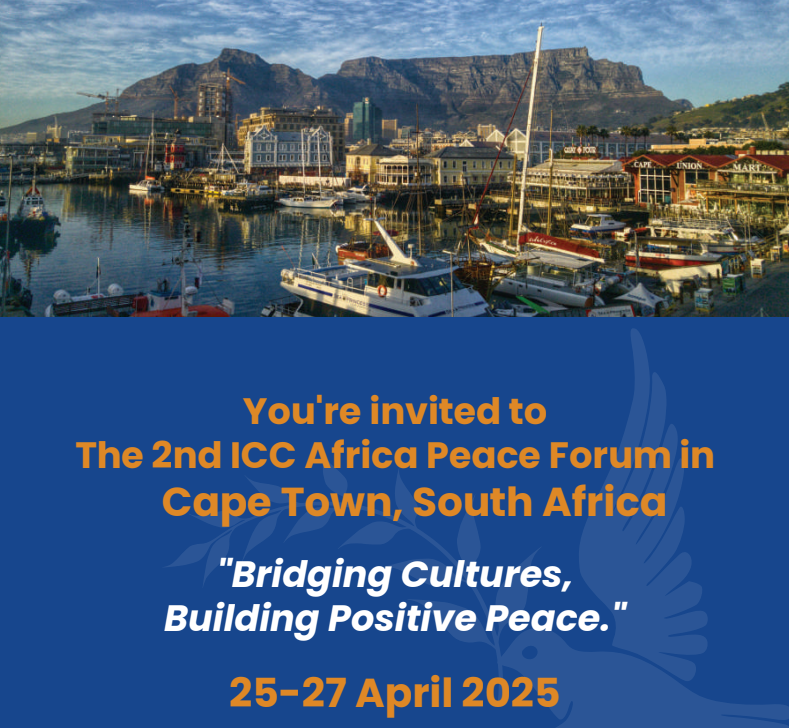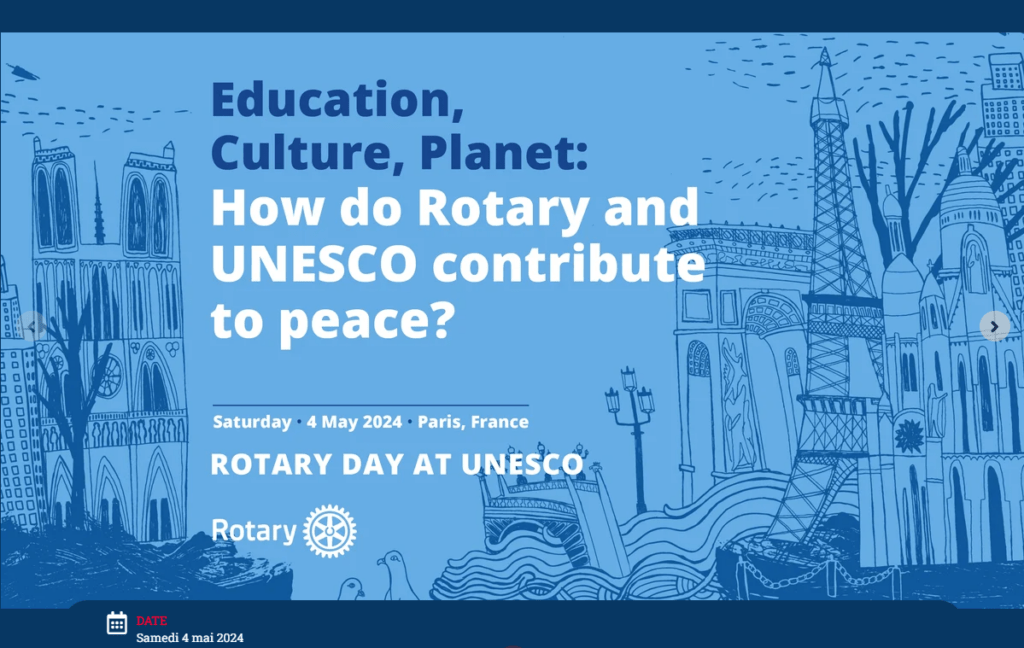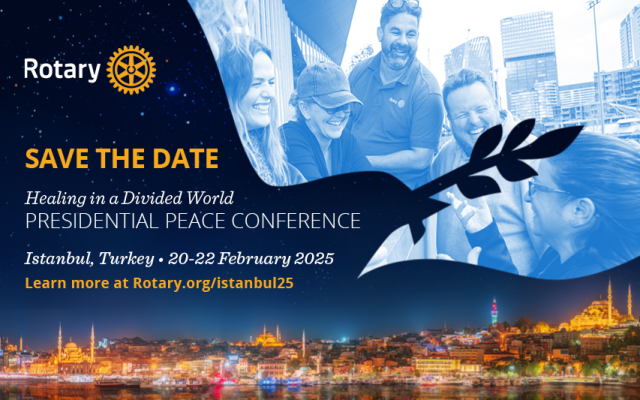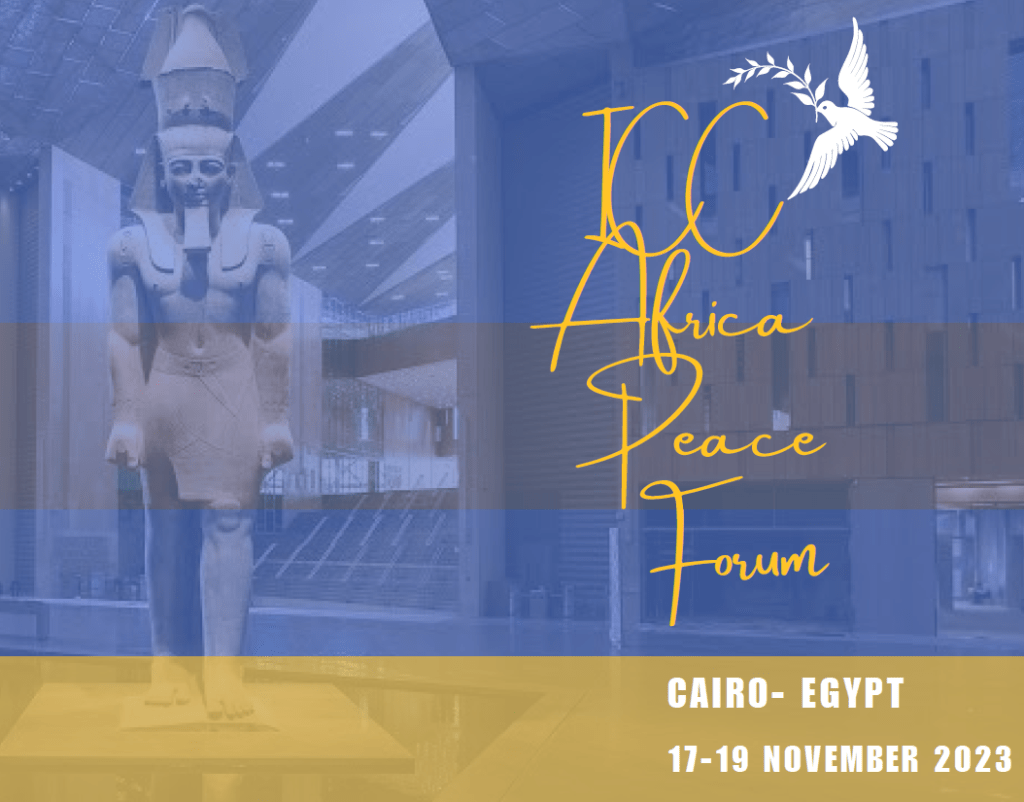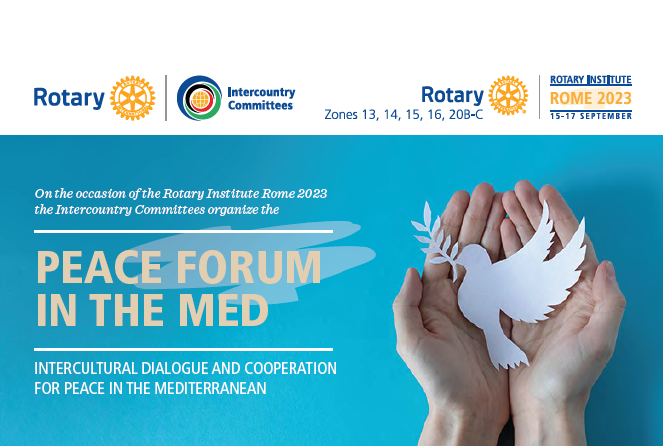ICCs and Peace initiatives
As a global humanitarian organization, positive peace is a cornerstone of our mission.
Since their inception, ICCs have been building understanding and peace among people of different origins.
With their simple structure and flexibility, they have forged strong ties between partnering countries and built a network of contacts which are an extremely valuable asset for clubs and districts.
By carrying out service projects and supporting peace fellowships and scholarships, our members take action to address the underlying causes of conflict, including poverty, discrimination, ethnic tension, lack of access to education, and unequal distribution of resources.
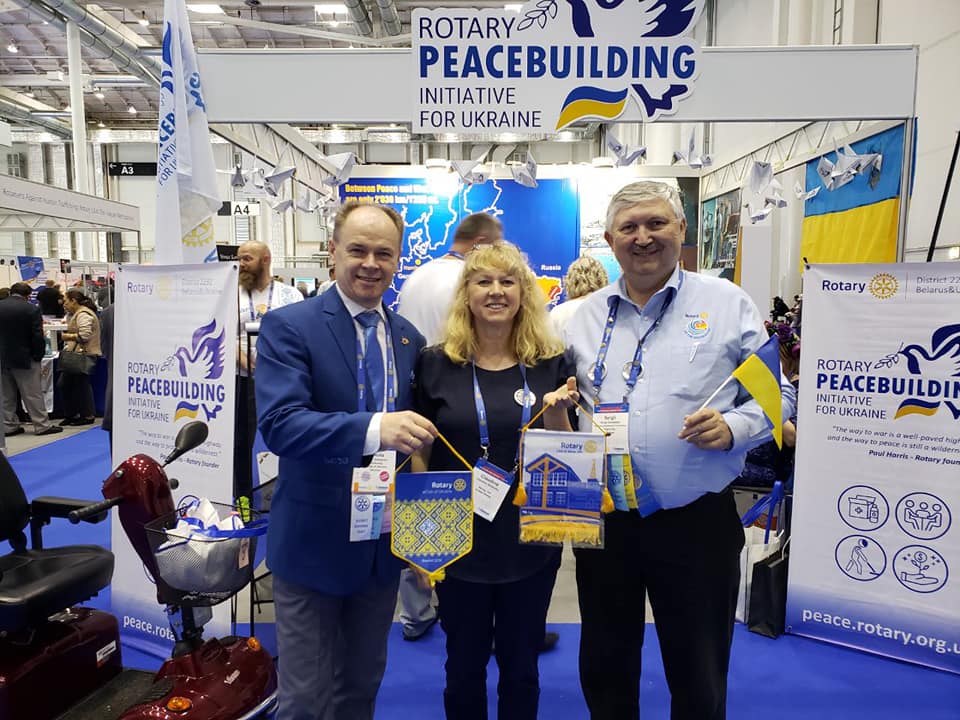
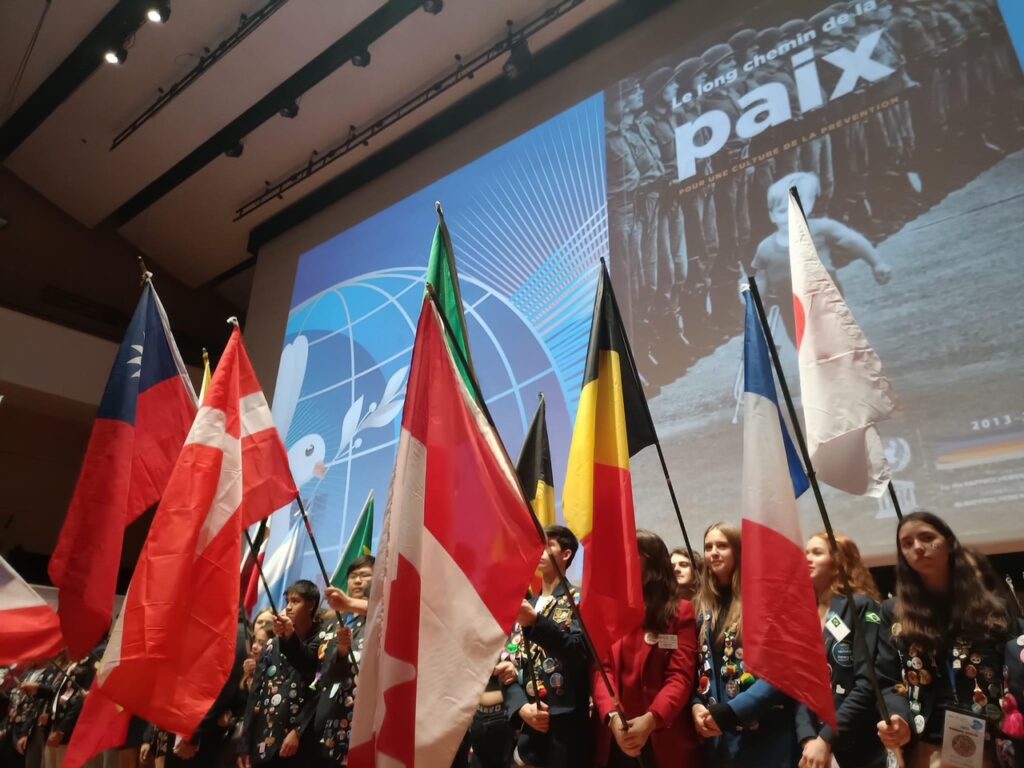
In these troubled times, after a global pandemic, with a lingering economic downturn, numerous threats to world peace, and serious risk to the sustainability of our environment, we have reached a crossroads facing multiple crises. Now, more than ever, Rotarians need to encircle the globe and convey their message of hope.
Past Rotary International President Maurice Duperrey said “From an international standpoint, Rotarians can make themselves the connecting link between nations.”
As Rotarians, to complement all of the international aspects we cherish about our great organization, we are using our ICCs to put Rotary’s message into practice and to build bridges of friendship with clubs and districts from different cultures and nations.
The following are some examples of Peace projects carried out or supported by ICCs.
Positive Peace seminars
Rotary works with the Institute for Economics and Peace, a leader in the study of peace and conflict, to address the causes of conflict and create conditions that foster peace.
The partnership focuses on education and training about Positive Peace. On several occasions, ICCs have teamed up with IEP to co-organize Positive Peace Seminars.
For example, the France-USA Inter-Country Committee has organized 3 peace seminars (In 2016 in Paris, 2018 in New Orleans and 2021 in Rennes). Thoses events represented what ICCs do best: mentoring young people, developing leaders, fostering intercultural dialog, and promoting peace.
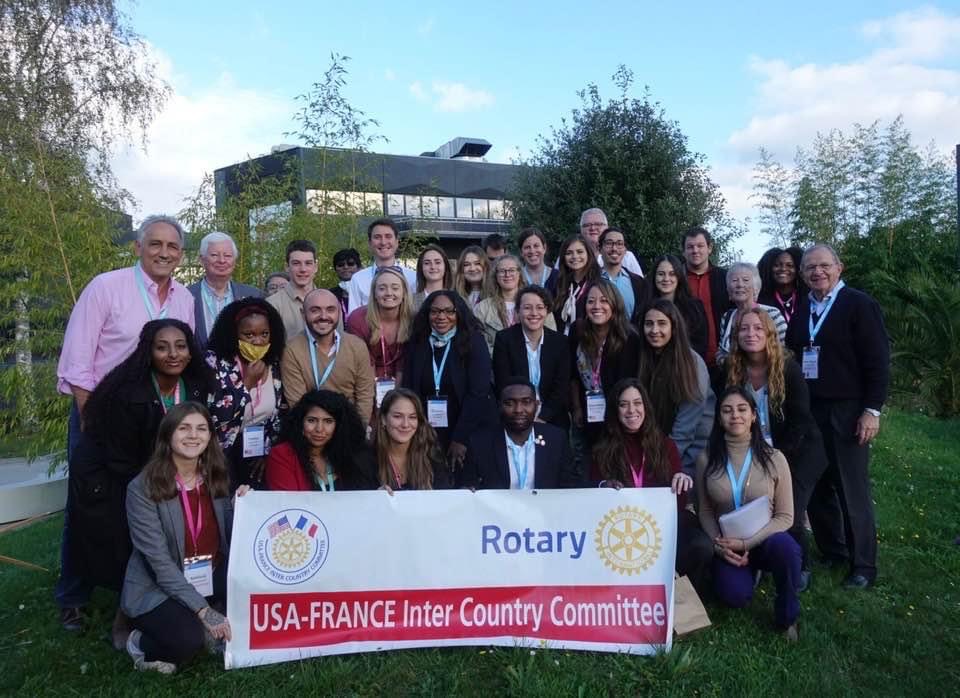
Mediterranean Peace Initiative
The Mediterranean Region is one of the most sensitive parts of our world, historically fraught with disputes and conflicts. This region encompasses 16 countries, where three religions are practiced by various faiths, and eight languages are spoken, all within a profile of diverse cultures.
This initiative aims to build bridges between the communities around the Mediterranean and facilitate common denominators with the objective of improving the living conditions of people in the region in a peaceful environment.


Global Peace Advocacy Events
Both at a national level (national sections) and an international level (Executive Council), ICCs regularly organize (or actively participate in) international events of various scales. The main objective of these events is to bring together Rotarians from all over the world and create networking opportunities across borders.

